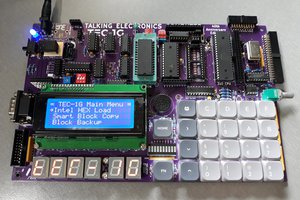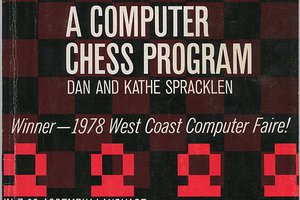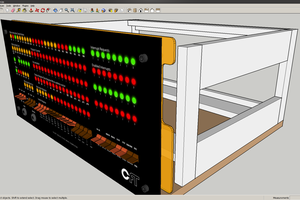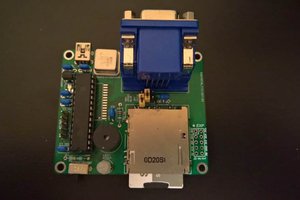Here's part of an example video showing PI being calculated to 1000 decimal places, using 2 simulated mag tapes to process an array which is too big for main memory.
More details on the PhiliZound website.
Feel free to join in the discussions on the PlasMa Google group.
 Phil Tipping
Phil Tipping



 Mark Jelic
Mark Jelic
 davidadkins1
davidadkins1
 Alexios C
Alexios C
 Kn/vD
Kn/vD
Feel free to join the discussions on the PlasMa Google group
https://groups.google.com/g/plasmacomputer